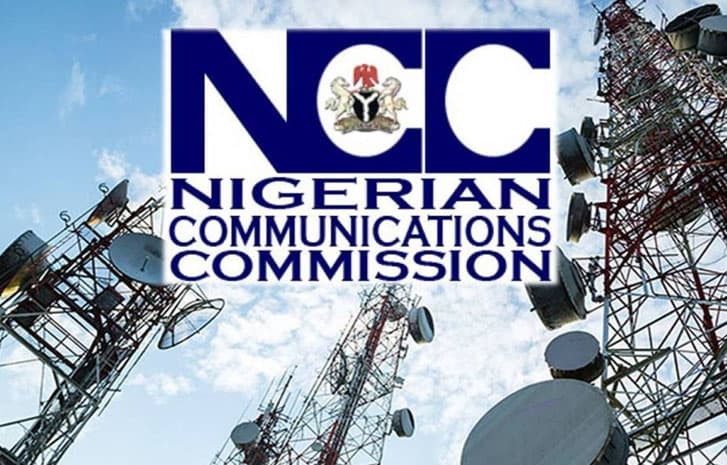
In the swiftly evolving realm of telecommunications, 5G has garnered significant attention and debate. Nigeria, a prominent African nation, is deeply involved in this discourse.
5G represents the fifth-generation technology standard for cellular networks and has been globally operational for some time. It boasts superior bandwidth and faster speeds compared to its predecessors. Recently, Airtel, one of Nigeria’s leading mobile operators, launched its 5G services, sparking discussions about Nigeria’s readiness for 5G integration.
Although 5G was introduced as early as 2019 and has seen widespread adoption in many developed countries, Nigeria has been slower in its embrace. In these advanced nations, 5G’s rapid internet speeds and transformative potential for various industries are already being realized. In contrast, Nigeria is still in the nascent stages of 5G deployment.
Airtel’s revelation that less than 1% of smartphones in Nigeria are 5G-compatible underscores concerns about the nation’s preparedness for this technological leap. This statistic implies that a vast majority of Nigerians still rely on 4G or even 3G devices, which are gradually becoming obsolete in the 5G era.
ALSO READ: MTN Foundation ICT and Business Skills Training Phase 6
Several factors have impeded Nigeria’s swift transition to 5G. The substantial financial investment required for 5G infrastructure is a significant hurdle, especially given Nigeria’s economic challenges. Additionally, 5G-compatible devices typically come with a heftier price tag, making them less accessible to many Nigerians.
Nevertheless, despite these obstacles, Airtel, along with two other Nigerian networks, is championing the 5G cause. The benefits of 5G are manifold, from its capacity to connect over 50 devices simultaneously to providing uninterrupted connectivity. Furthermore, users can experience the 5G network without the need for a new smartphone, making it an increasingly attractive option in Nigeria.
Airtel’s statement about the limited 5G support among Nigerian smartphones paints a vivid picture of the current 5G landscape in the country. As challenges persist, it’s crucial for Nigerians to intensify efforts to overcome these barriers and fully embrace the 5G revolution introduced by pioneers like Airtel.



















 and then
and then